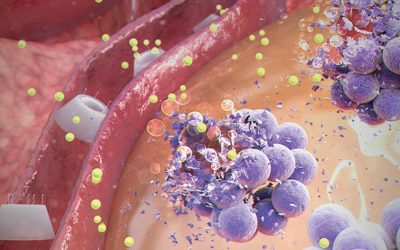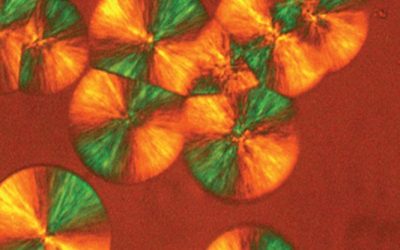BASF SE has set up a research initiative called Joint Research Network on Advanced Materials and Systems (JONAS) in collaboration with the universities of Strasbourg, France; Freiburg, Germany, and ETH Zurich, Switzerland. The aim is to work jointly to strengthen the scientific base and understanding of modern materials and systems and expand the international research network.
“Functional materials with new combinations of properties offer vast innovative potential. To realize that potential, we need both wide-ranging expertise and a creative interdisciplinary network in order to develop new impulses and ideas and joint exploration of new themes. That is precisely what we hope to achieve through close cooperation with these top universities,” said Dr. Christian Fischer, head of Polymer Research at BASF.
The cooperation will create approximately 20 new post-doc positions at the three universities. The spectrum of future research themes is broad. One area is multi-materials, which are made up of a variety of components and in that way present new and improved performance profiles. Other examples of future research topics are biobased and biodegradable polymers. “The diversity of the potential material innovations from this cooperation is immense, and the potential applications are equally wide-ranging,” commented Dr. Bernd Bruchmann, BASF Vice President in Polymer Research and head of JONAS, adding that system solutions in heat management, lightweight construction and sustainable packaging were areas of interest.
Bionics could help in the search for interesting materials and systems. “We take a close look at the strategies Nature has developed to achieve certain effects, try to learn from those examples and put them to work in innovative technologies,” said Bruchmann. What makes the research initiative so special is the interdisciplinary approach toward joint exploration of interesting new themes. “It is highly possible that we will be working in the near future on topics and issues that BASF has not been actively involved in yet,” said Bruchmann. “We are receptive to good ideas.”
The new initiative builds upon the excellent past experience of the collaboration between BASF and the University of Strasbourg. Since 2003, BASF has been cooperating closely with the Institut de Science et d’Ingénierie Supramoléculaires (ISIS), which was founded by Nobel laureate Professor Jean-Marie Lehn. The initiative opened up new avenues in collaborative university-industry research.
The new research initiative is also intended to achieve just that. The researchers benefit from the support and expertise of a scientific advisory board featuring Prof. Jean-Marie Lehn and Prof. Paolo Samori from Strasbourg, Prof. Rolf Mülhaupt and Prof. Jürgen Rühe from Freiburg, Prof. Massimo Morbidelli and Prof. Ludwig J. Gauckler from Zurich as well as BASF scientists.
















